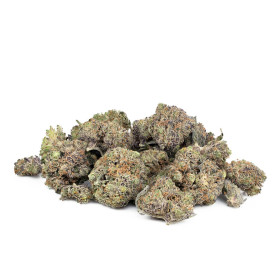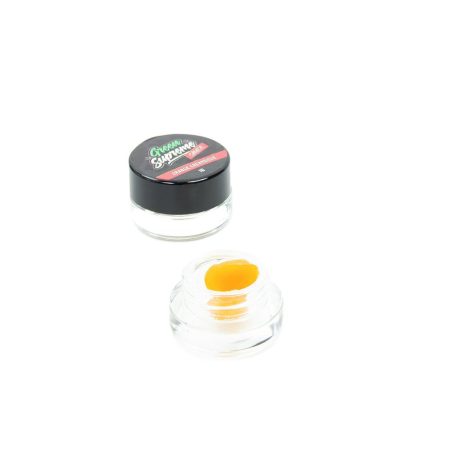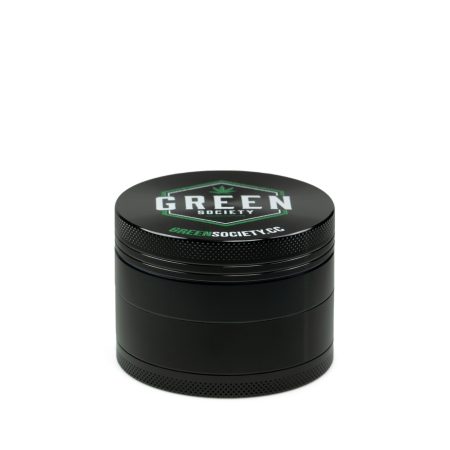Marijuana
Navigating the Legal Landscape of Cannabis in Canada: What You Need to Know
The legalization of cannabis in Canada marked a historic shift in the country’s approach to marijuana, both medically and recreationally. However, with new freedom comes significant responsibility, particularly regarding understanding and complying with the legal landscape surrounding cannabis use. This article aims to provide Canadians with a comprehensive overview of cannabis laws in Canada, addressing common questions such as the restrictions on cannabis and the effects of cannabinoids on the body.
Legal Age for Cannabis Consumption
The legal age for cannabis consumption varies by province and territory in Canada. While the federal minimum is 18 years, most provinces have set the legal age at 19 to align with alcohol consumption laws. It is crucial for individuals to be aware of their local laws to ensure compliance.
Public Consumption Laws
Public cannabis consumption laws also differ across Canada, with some regions allowing use in designated smoking areas and others imposing stricter regulations. Understanding where you can and cannot consume cannabis is essential to avoid legal issues.
Possession Limits
Federally, individuals are allowed to possess up to 30 grams of dried cannabis or its equivalent in public. However, provinces may implement their own nuances to this rule, emphasizing the importance of knowing your local laws.
Cannabis for Medical vs. Recreational Use
The regulations governing medical and recreational cannabis use differ significantly. Patients prescribed cannabis for medical purposes are subject to different rules, including possession limits and purchasing methods, compared to recreational users.
Growing Cannabis at Home
The federal law permits Canadians to grow up to four cannabis plants per household for personal use, yet some provinces have chosen to restrict or ban home cultivation. It’s vital to check your province’s stance on home growing.
Cannabis and Driving
Driving under the influence of cannabis is illegal and dangerous. Canada has strict laws and penalties for impaired driving, including fines, license suspension, and imprisonment.
Cross-Border Cannabis Laws
It remains illegal to transport cannabis across Canadian borders, regardless of the legalization status in the destination country or province. This law applies to all forms of cannabis, including medical.
Cannabis Sales and Distribution
Legal cannabis purchases in Canada are regulated and can be made through provincially-licensed retailers or online platforms. This ensures product safety and legal compliance.
What Do Cannabinoids Do to the Body?
Cannabinoids interact with the body’s endocannabinoid system, influencing mood, pain sensation, appetite, and memory. The effects can vary widely among individuals, depending on factors like the type and amount of cannabis consumed.
Legal Penalties for Violations
Violating cannabis laws in Canada can result in significant legal penalties, including fines and criminal charges. It’s crucial to adhere to all regulations to avoid these consequences.
Navigating Legal Assistance
If you find yourself in a legal predicament related to cannabis, seeking advice from a legal professional experienced in cannabis laws is advisable.
Future of Cannabis Laws in Canada
As research on cannabis continues and societal attitudes evolve, Canada may see changes to its cannabis laws. Staying informed on potential legal reforms is essential for all Canadians.
Conclusion
Understanding the legal landscape of cannabis in Canada is crucial for responsible use. By staying informed about the laws in your province or territory, you can enjoy the benefits of cannabis while remaining compliant with Canadian regulations.
For more in-depth information on navigating the legal landscape of cannabis, consider reading resources such as this article on AboveTheLaw, which provides valuable insights and guidance on cannabis laws and regulations.














